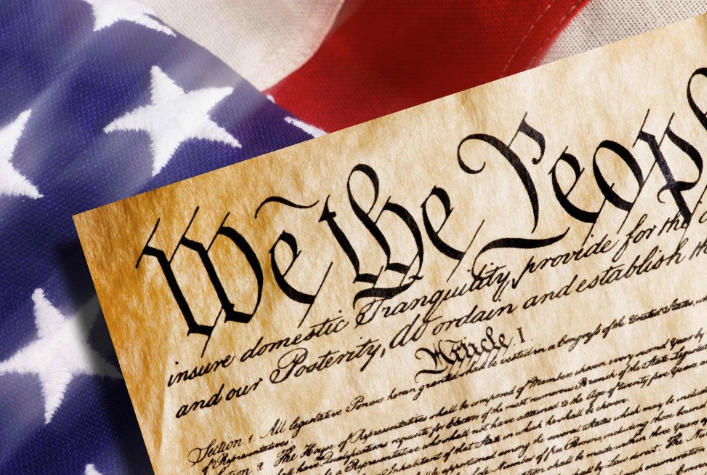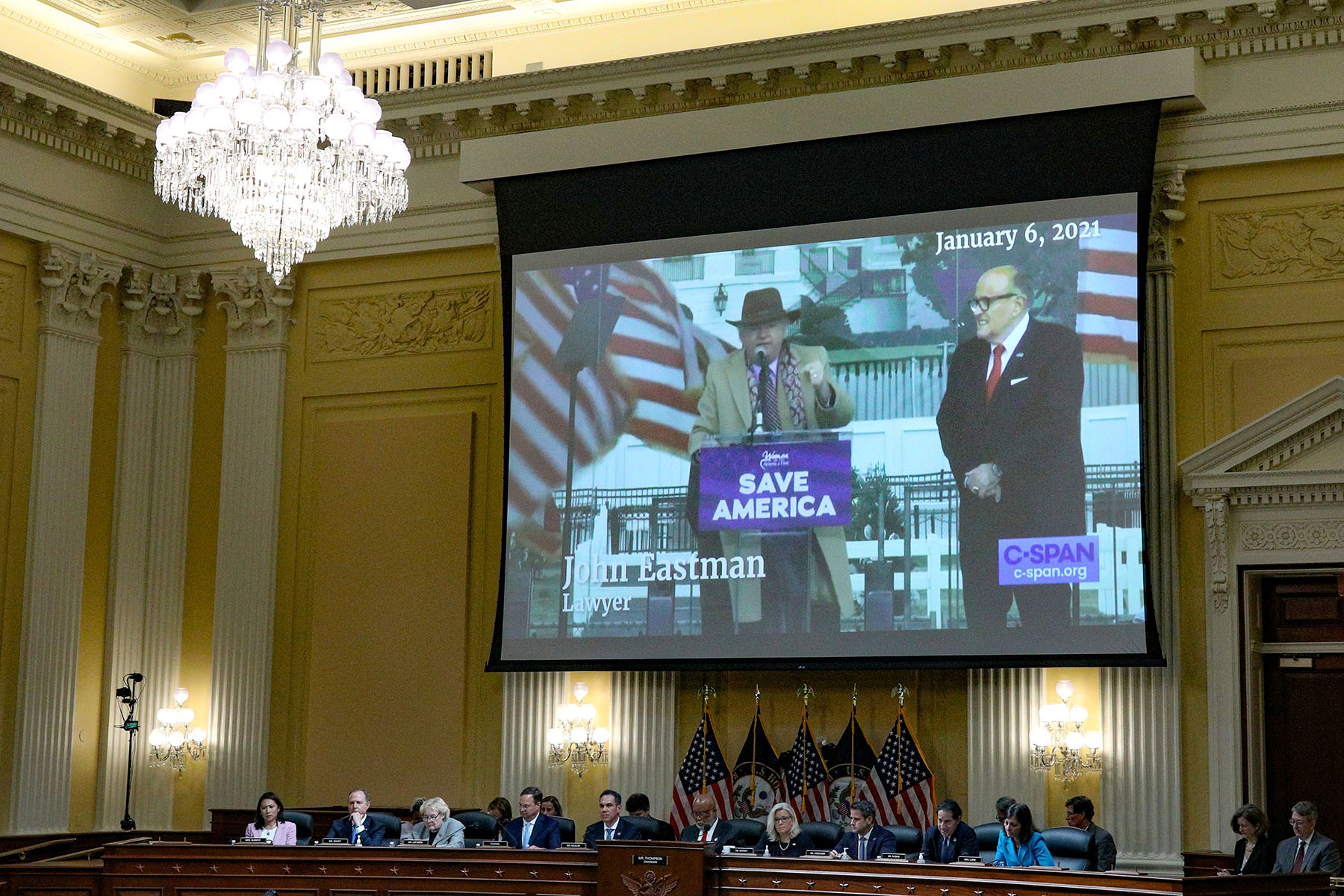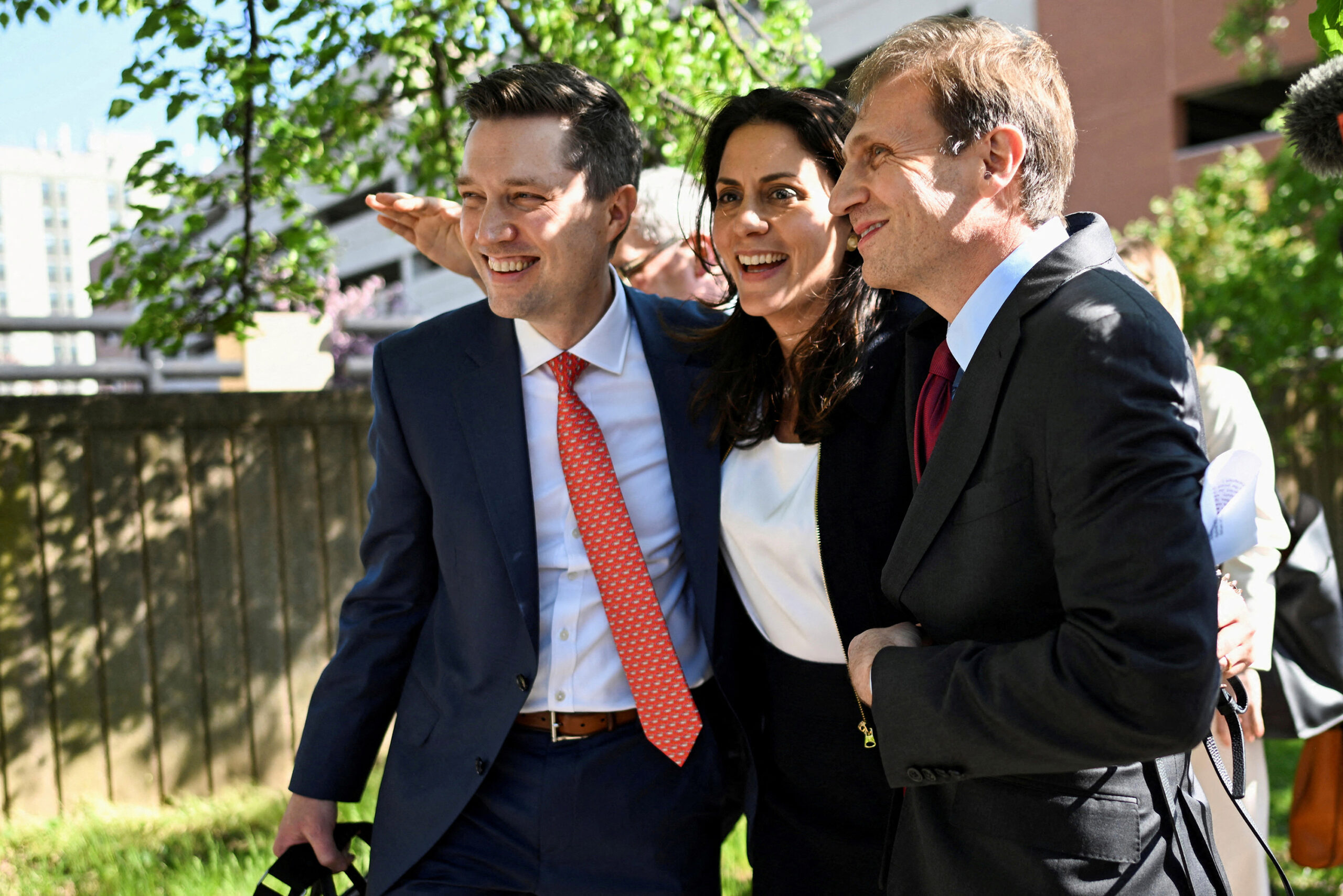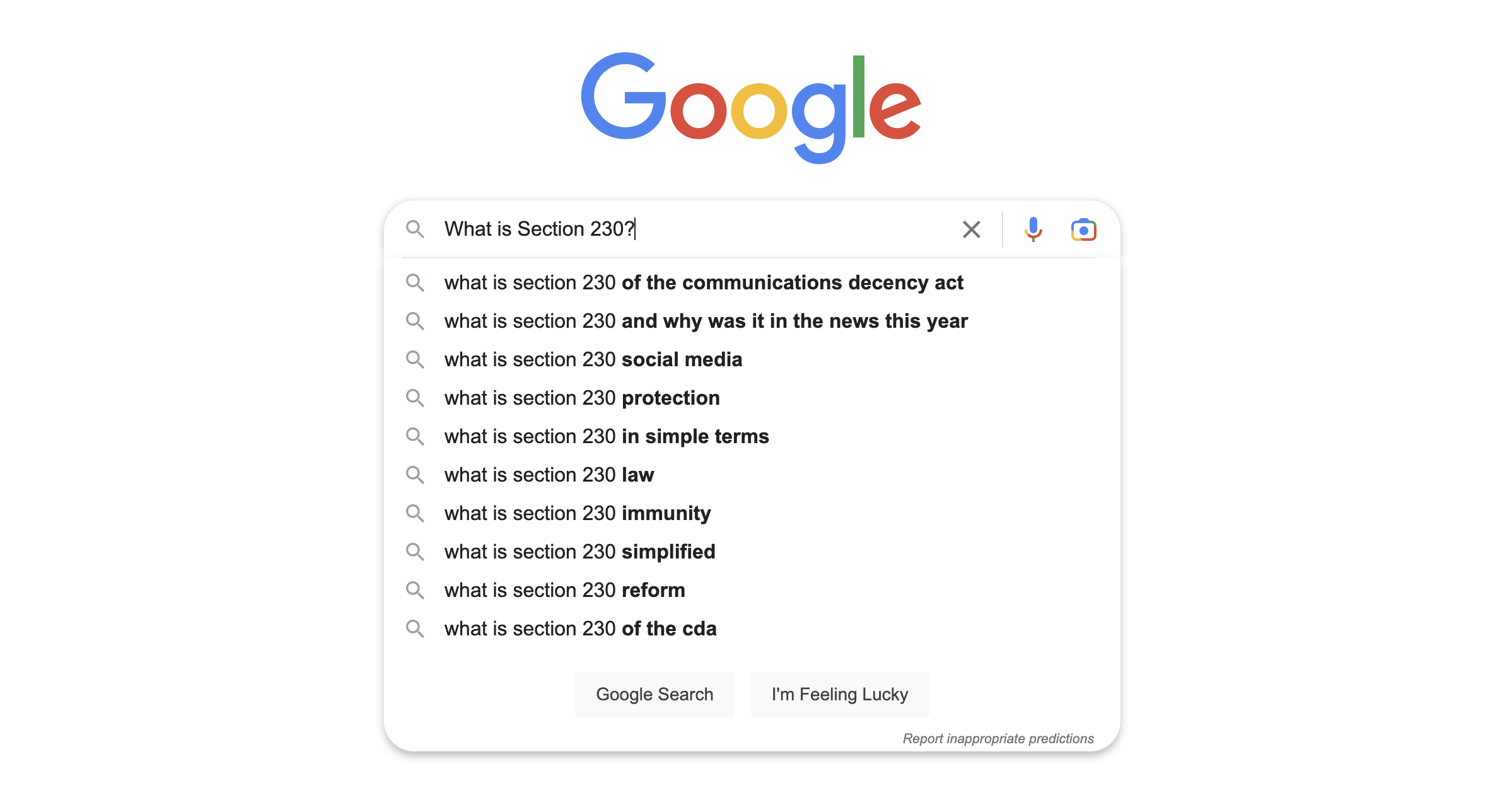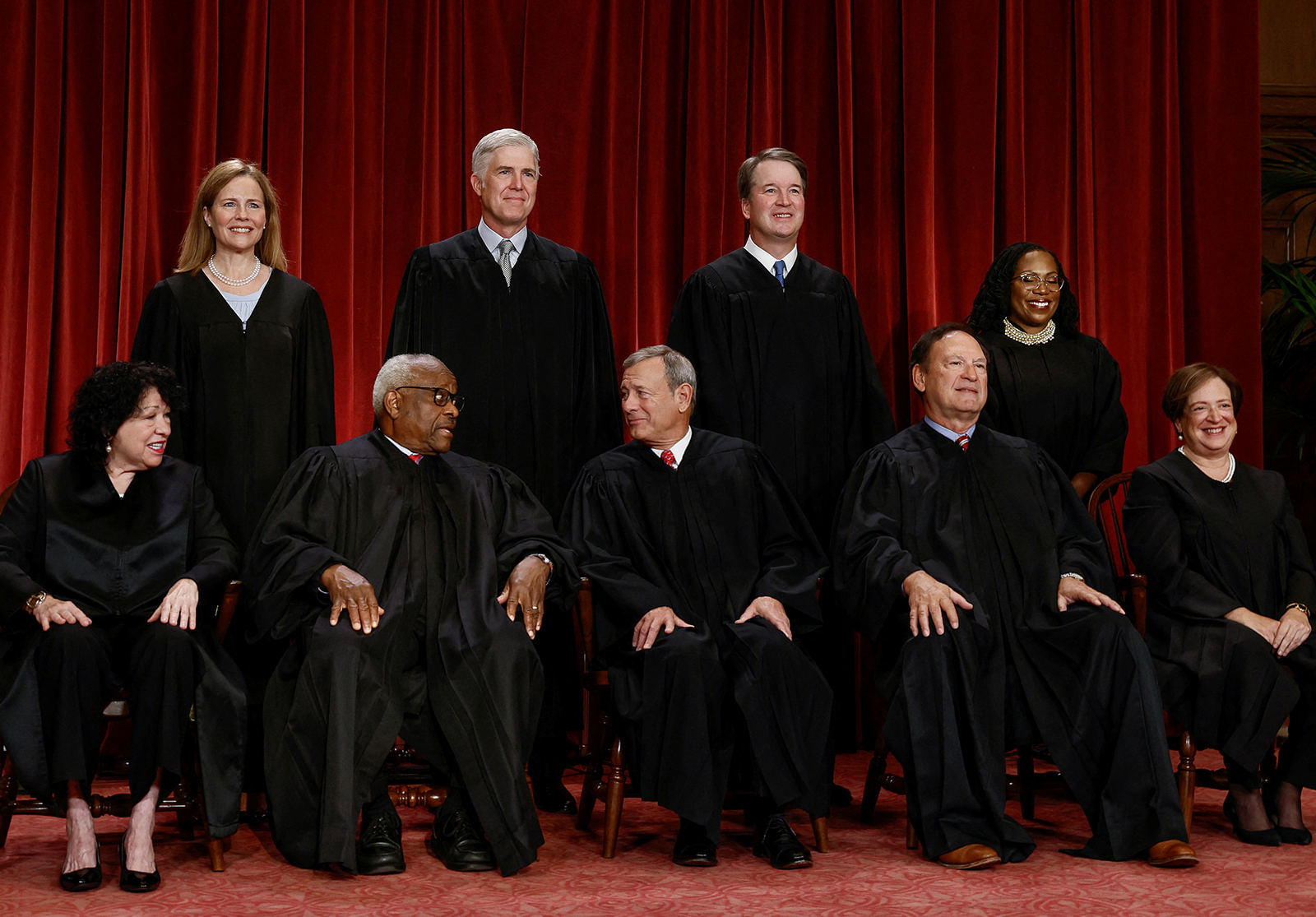Picture an Execution: The First Amendment and the Spring 2025 Push for Death Chamber Access
Journalism’s fight for access has ramped up because, as the Louisiana and Indiana executions show, the death penalty itself could be ramping up. The escalation is happening on the federal level too.
Heed the Supreme Court’s Warning: Academic Freedom Is Critical For ‘Our Civilization’
For the government to suggest that a law school or any place of higher education cannot discuss diversity, equity, and inclusion is a clear violation of the First Amendment.
Sarah Palin Case May Indicate Cracks in NYT v. Sullivan Actual Malice Test
My best evidence of that modern backlash against NYT v. Sullivan is the protracted legal battle over a defamation claim brought by Sarah Palin against The New York Times.
Leading First Amendment Experts on The Most Pressing Free Speech Challenges
Scholars, journalists, and legal advocates will tackle some of the most urgent issues around freedom of expression at the National Constitution Center on Tuesday.
A Bitter Pill: Does the First Amendment Protect John Eastman’s Defense of the ‘Big Lie’?
Re-printed with permission by First Amendment News, constitutional scholar Stephen Rohde examines the First Amendment arguments made by John Eastman, former attorney for Donald Trump who is currently facing disciplinary proceedings in California that could lead to his disbarment.
Legal Scholars Weigh In on the Lasting Significance of Dominion v. Fox
We asked five legal scholars — Samantha Barbas, Martin Garbus, Lyrissa Lidsky, Timothy Zick and Sandra Baron — to give their thoughts on Dominion Voting Systems' defamation lawsuit against Fox following the recent settlement reached in the case.
Electronic Frontier Foundation’s David Greene Weighs In on Section 230 and Online Speech
The Supreme Court will hear oral arguments in two cases pivotal to online speech: Gonzalez v. Google on Feb. 21 and Twitter, Inc. v. Taamneh on Feb. 22. Both cases question the liability of social media platforms and search engines regarding speech hosted on their sites, and if recommendation algorithms could be responsible for aiding terrorist activity.
Supreme Court Needs to Clarify True Threat Exception; Case Out of Colorado Could Be the Vehicle
Today in this age of increased political polarization and the ubiquity of social media communications, the need for a clear definition of what exactly constitutes a true threat is even more important.

